Recently, a decision by the national table tennis team has caused quite a stir: the Wang Chuqin fan club announced its dissolution. This news came as a shock to many fans - after all, Wang Chuqin is currently a hot new star in the table tennis world, and his fan club was once seen as a successful example of the commercialization of the national table tennis team.
However, behind the dissolution, the national table tennis team has sent a clear signal: they are determined to completely sever ties with fan culture. So the question arises, why did the national table tennis team choose this moment to "cut off the arm"? Has fan culture really become the straw that broke the camel's back for this national sport?

If you often browse Weibo or Xiaohongshu, you may notice a phenomenon: sports stars are being pushed to the forefront and troughs by fan culture.
Once upon a time, the focus of table tennis events was "who won this tough battle," but now? Before a match even ends, social media is already in an uproar. Fans are supporting their favorite athletes on one side and attacking opponents on the other, even engaging in endless flame wars, which spread to the private lives of the athletes themselves.

This entertainment-to-death atmosphere gradually turns healthy sports competition into an emotional venting ground. In fact, fan culture itself is not a "flood of beasts." It initially was just a way for fans to express their likes and support, but excessive emotionalization can lead to loss of control.
For example, common practices in fan circles such as "controlling comments," "mutual bickering," and even "human flesh searches" have transformed from support to interference.

For athletes, who should be focusing on the field, they often have to face excessive consumption of personal privacy, minor actions being endlessly magnified, and unwarranted cyberbullying. These behaviors directly impact the core of sportsmanship - competition and fairness.
As the head of the national table tennis team, Liu Guoliang is not only a skilled player but also a business-minded individual. He saw the trend of sports commercialization early on and set out to create a "persona" and attention for the national table tennis team.
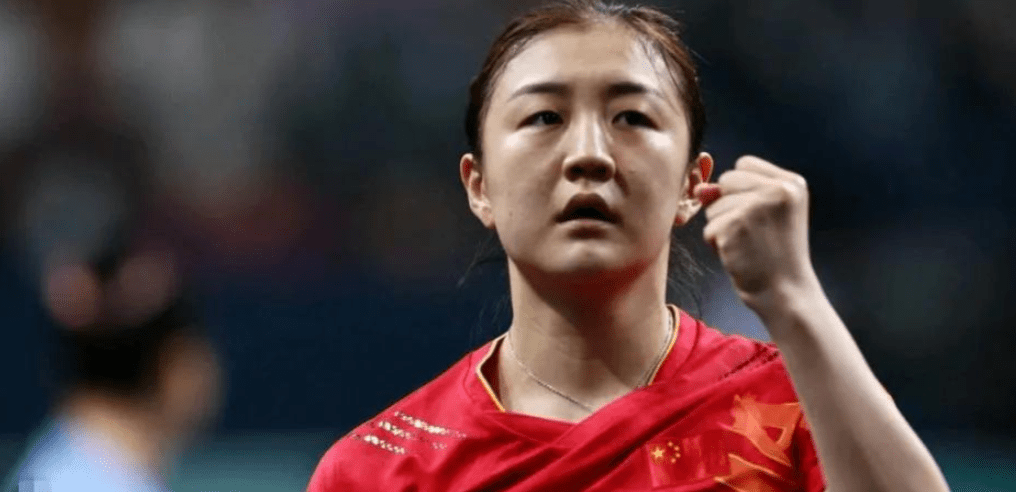
Thus, we saw the launch of the WTT World Tour, the "Sha Tou combination" (Sun Yingsha and Wang Chuqin) trending on the hot search list, and the surge in traffic and revenue brought about by the stardom of table tennis players.
These changes cannot be said to be unsuccessful. By packaging star athletes, Liu Guoliang indeed attracted more young people to pay attention to table tennis, giving this traditionally "national ball" a new lease of life.
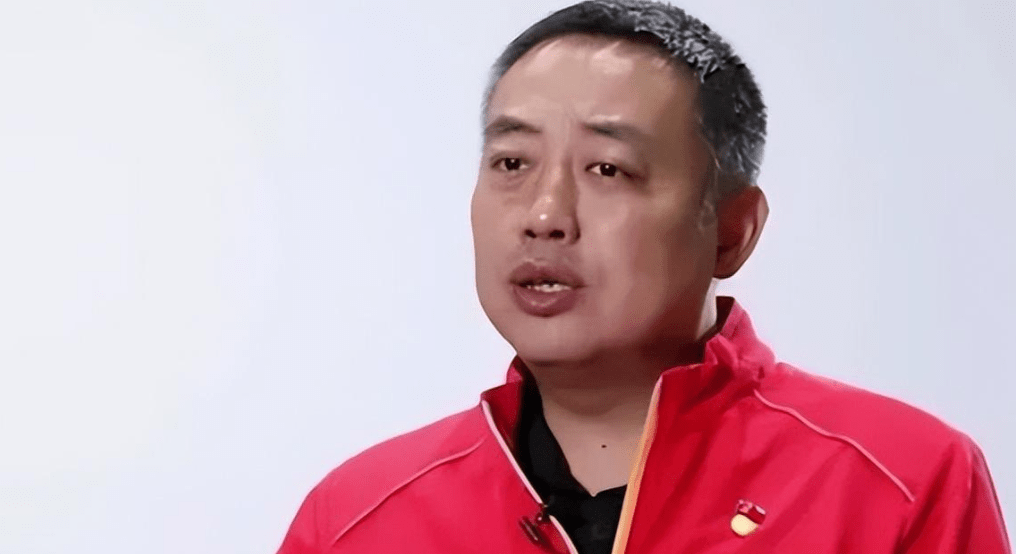
But all roads lead to Rome, and where there is light, shadows will fall. Excessive exposure and commercialization have attracted the attention of fan circles, and the "high binding" of fan culture to athletes is a double-edged sword.
Liu Guoliang's original intention was good, but as fan culture gradually "eroded" into the arena, he began to realize that this issue must be "braked."
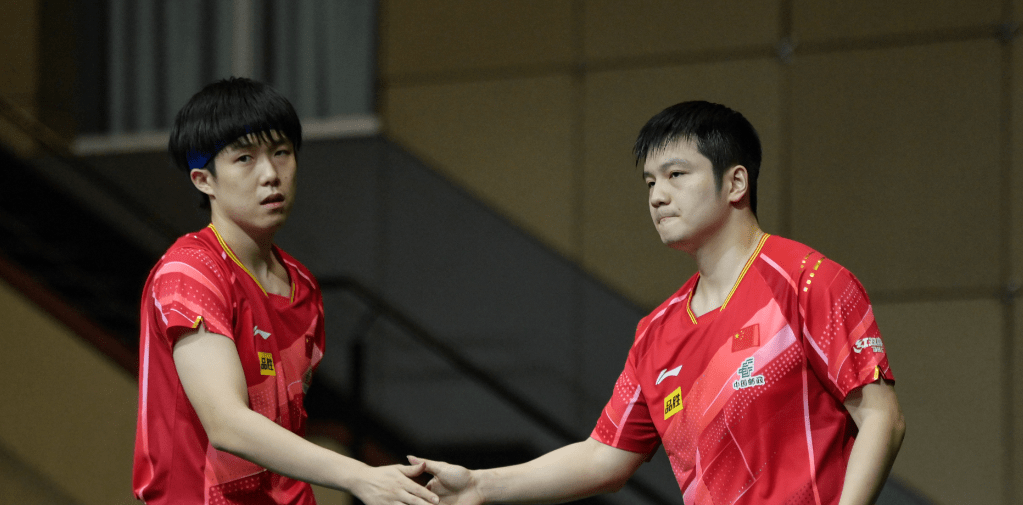
In fact, fan culture is not unique to the national table tennis team. In China's sports world, other projects have long faced similar challenges. Take gymnastics as an example, star athlete Xiao Ruoteng once sparked a long-term debate among fans due to a technical issue in a competition. Some fans even went to social media to question the judges and blame each other.
Similarly, in the diving world, the daily training and social dynamics of star athletes have also become amplifiers of fan behavior. Some fans, in order to argue about the excellence of a certain athlete, do not hesitate to engage in large-scale "language battles."

These behaviors not only disrupt the normal life and competitive state of athletes but also plunge the entire sports project into unnecessary disputes, turning what was once a niche but pure project into a mess.
Now, the national table tennis team's proactive cutting of fan culture can be understood as a form of "self-protection," and if this decision succeeds, it might provide some reference for other projects.
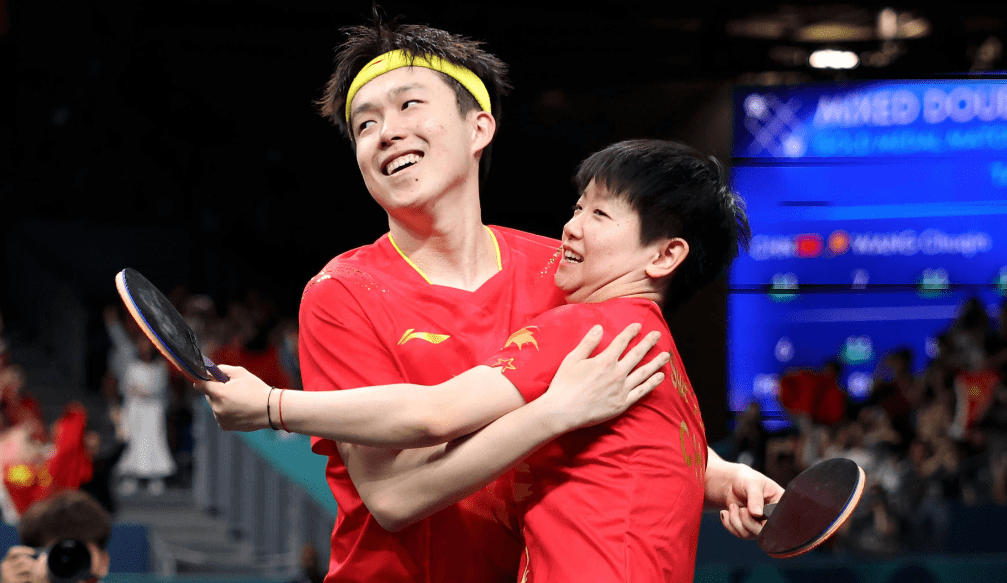
The special status of table tennis in the history of Chinese sports needs no elaboration; it can even be said that it is not just a sports project but also a cultural symbol.
Back then, a small table tennis match in 1971 became the opportunity for the thawing of Sino-US relations, known as "ping-pong diplomacy." At that time, the actions of table tennis athletes represented national glory, not just personal pursuits.

Looking back at the spirit of ping-pong at that time, athletes focused on teamwork and the game itself, but now the excessive amplification of fan culture has greatly reduced this purity.
With the deepening of commercialization, rebuilding the sports culture of "glorifying the country" has clearly become the most urgent task at present. The drastic measures taken by the national table tennis team, in a sense, represent a return to tradition.
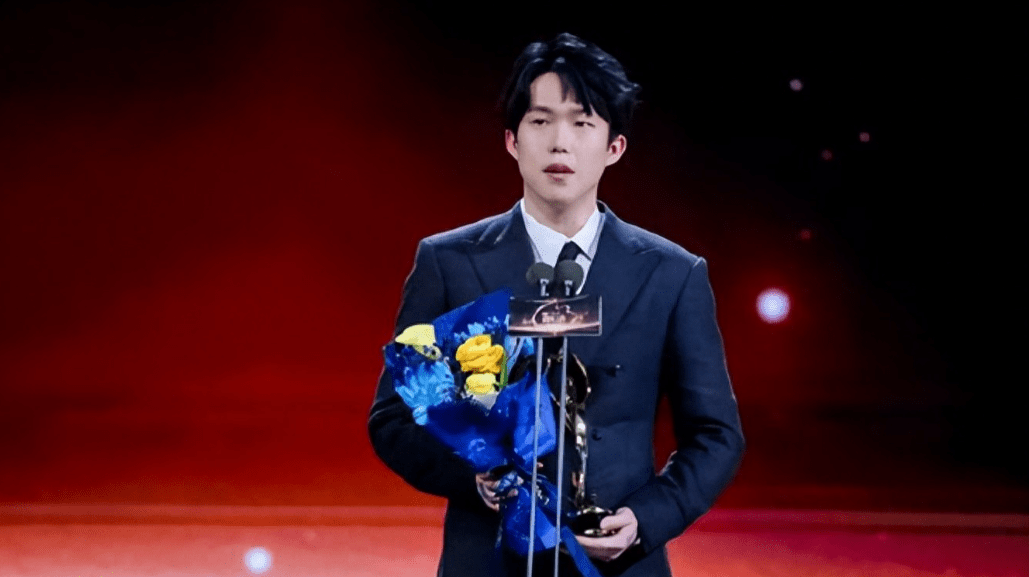
It cannot be denied that the spread of fan culture is directly related to the promotion of social media. The popularity of platforms like Weibo and TikTok allows fans to gather together quickly and use these tools to "voice" their opinions.
For example, athletes like Wang Chuqin and Sun Yingsha have accumulated millions of fans in a short period of time. An individual's words may be insignificant, but when fans act collectively, the huge public opinion pressure may deviate from the original focus of the game.
More importantly, social media tends to amplify intense emotions. Some fans enjoy using methods like "controlling comments" and "pulling down others" to create confrontational emotions, escalating small issues into major events.
Although these behaviors are commonplace in fan circles, they are an unprecedented storm for the sports world.
Regrettably, most domestic sports organizations lack norms and guidance for platforms, and can only watch helplessly as fan culture spreads from the entertainment field to the sports field, while foreign countries have many effective ways to deal with this phenomenon.
In fact, fan culture is not unique to China. Similar phenomena exist in international sports events. For instance, the "Big Three" in the tennis world - Federer, Nadal, and Djokovic - also have passionate fan groups, but the atmosphere of harmonious coexistence in competitions is quite different.
The organizers achieve this through strict regulatory management, limiting the spread of overly emotional behavior. At the same time, during live matches, the audience mostly maintains respect for the players, applauding outstanding performances regardless of victory or defeat.
In contrast, many domestic sports venues have overly emotional enthusiasm, and fan behavior is more lawless. Learning how international events guide fan culture can not only reduce conflicts but also better spread the spirit of sports.
The national table tennis team's proactive "severing of ties" this time is to bring table tennis back to the essence of competition. Although the impact of the dissolution of the fan club is still fermenting, this is a positive beginning. For fan culture, the sports circle needs to find a balanced approach, both supportive and standardized, which is the real win-win situation.